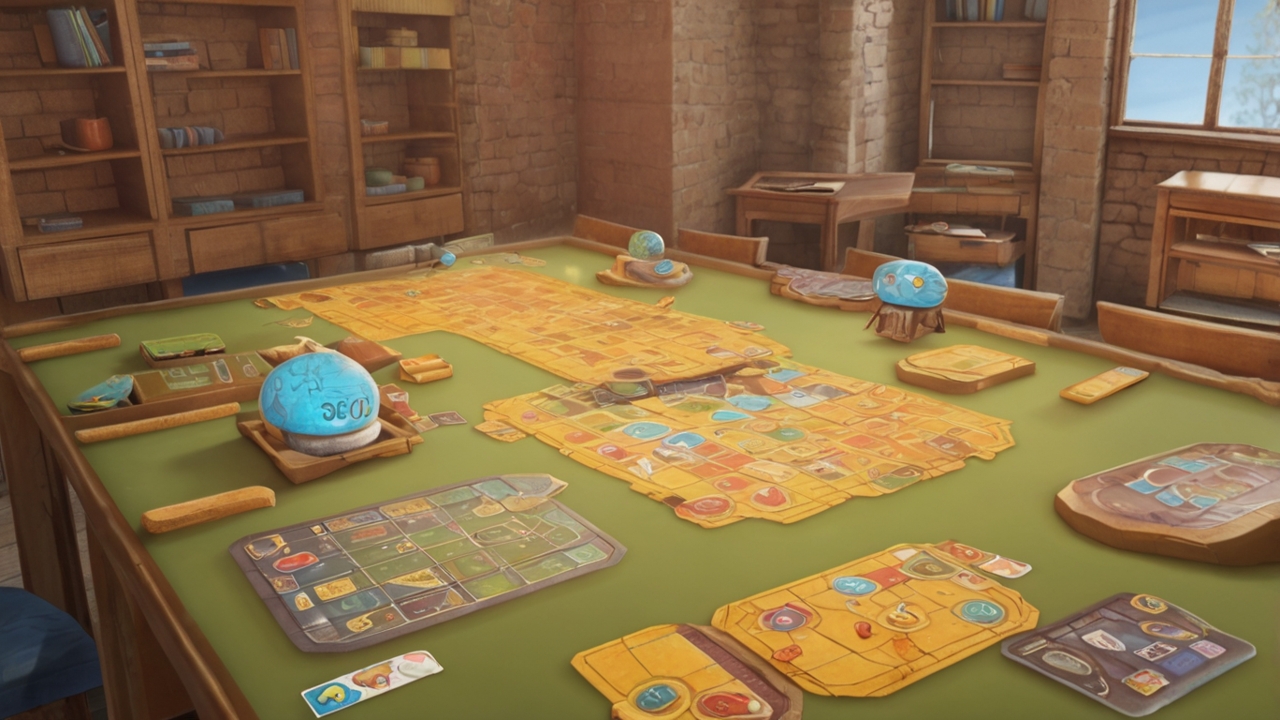Round Rock Journal – Gamification is the use of game elements in non-game settings, and in education, it has become a powerful strategy to increase student engagement. By applying points, badges, leaderboards, and rewards, educators create a learning environment that feels both fun and meaningful. In light education, which emphasizes flexibility and accessibility, gamification bridges the gap between entertainment and knowledge. This approach shifts learning from being a passive process into an interactive journey filled with challenges and achievements.
“Also read: Can Organic Food Help You Live Longer? Experts Weigh In“
The Role of Motivation in Gamified Learning
One of the strongest benefits of gamification is its ability to boost motivation. Traditional learning often struggles to capture consistent interest, but gamified systems provide immediate rewards. Earning badges or progressing through levels keeps learners engaged and encourages persistence. In light education, where students often balance learning with other commitments, these motivating elements help sustain momentum. When learning feels rewarding, students are more likely to complete tasks and absorb knowledge effectively.
Enhancing Engagement Through Interactive Elements
Gamification works because it transforms routine learning into interactive experiences. Features like quizzes, interactive puzzles, and virtual challenges create active participation rather than passive reading or listening. In light education, such interactivity ensures learners remain focused even in short study sessions. By making lessons feel more like games, students are encouraged to participate more often. This shift not only builds excitement but also strengthens comprehension and long-term retention.
Building a Sense of Achievement
Achievement plays a vital role in sustaining interest in learning. Gamification introduces milestones, such as unlocking new levels or earning certificates, which give learners a tangible sense of progress. In light education systems, where progress can sometimes feel invisible, these milestones create clarity. Students see how far they have come and what goals lie ahead. This clarity fosters confidence and determination, both of which are essential for lifelong learning success.
Encouraging Collaboration and Healthy Competition
Gamification not only motivates individuals but also fosters collaboration and healthy competition. Leaderboards allow learners to compare progress, while team-based challenges encourage group problem-solving. In light education, where learners may be studying remotely, these elements build a sense of community. Competition pushes students to excel, while collaboration teaches teamwork and communication. Both aspects strengthen the learning experience, making it more dynamic and socially engaging.
“Read more: Visual AI Tools for Rapid Brand Identity Creation“
Personalizing the Learning Experience
Another advantage of gamification is its adaptability to individual learners. By tailoring challenges to personal skill levels, students can learn at their own pace without feeling overwhelmed. In light education, personalization is especially important because learners often have diverse backgrounds and goals. Adaptive gamification ensures that beginners are not discouraged, while advanced learners remain challenged. This balance creates a more inclusive learning environment where every student can thrive.
Gamification as a Tool for Lifelong Learning
Gamification extends beyond classrooms into lifelong education. Adults learning new skills or professionals pursuing certifications can benefit from gamified platforms. By turning learning into an enjoyable process, gamification encourages continuous growth. In light education, where accessibility and flexibility are priorities, gamification ensures that learners of all ages remain motivated. This broad applicability makes gamification a valuable tool not just for formal education, but also for personal and professional development.


